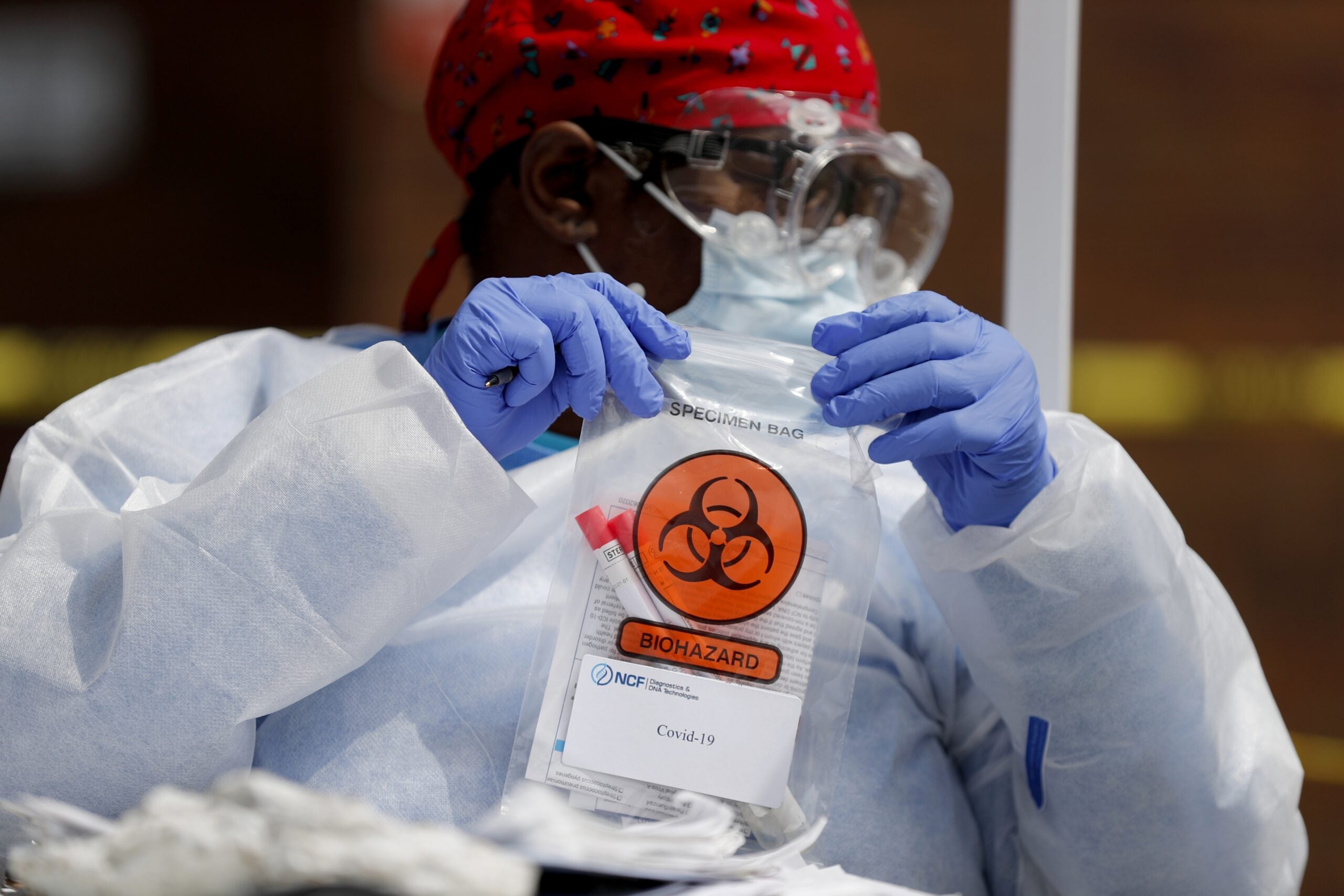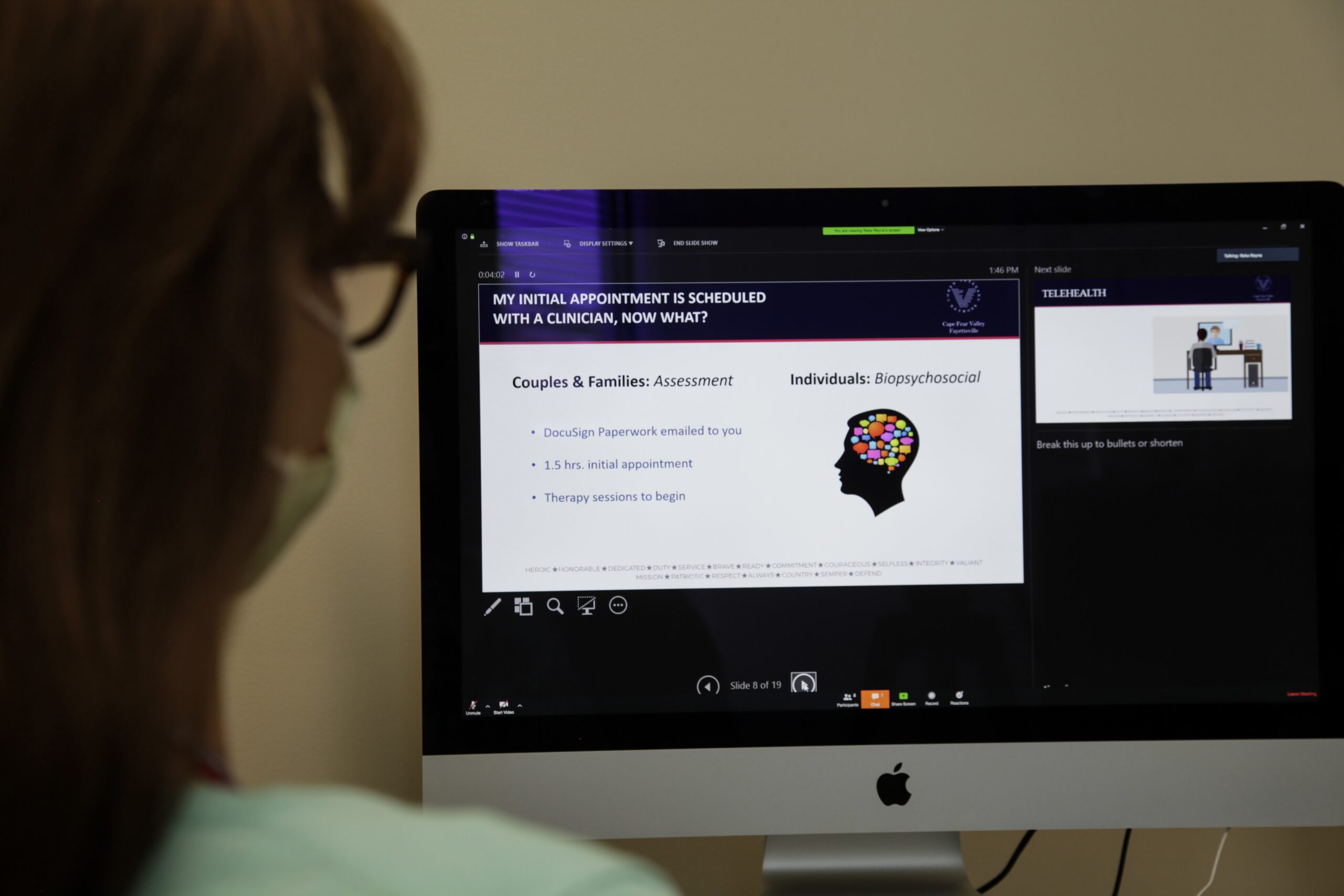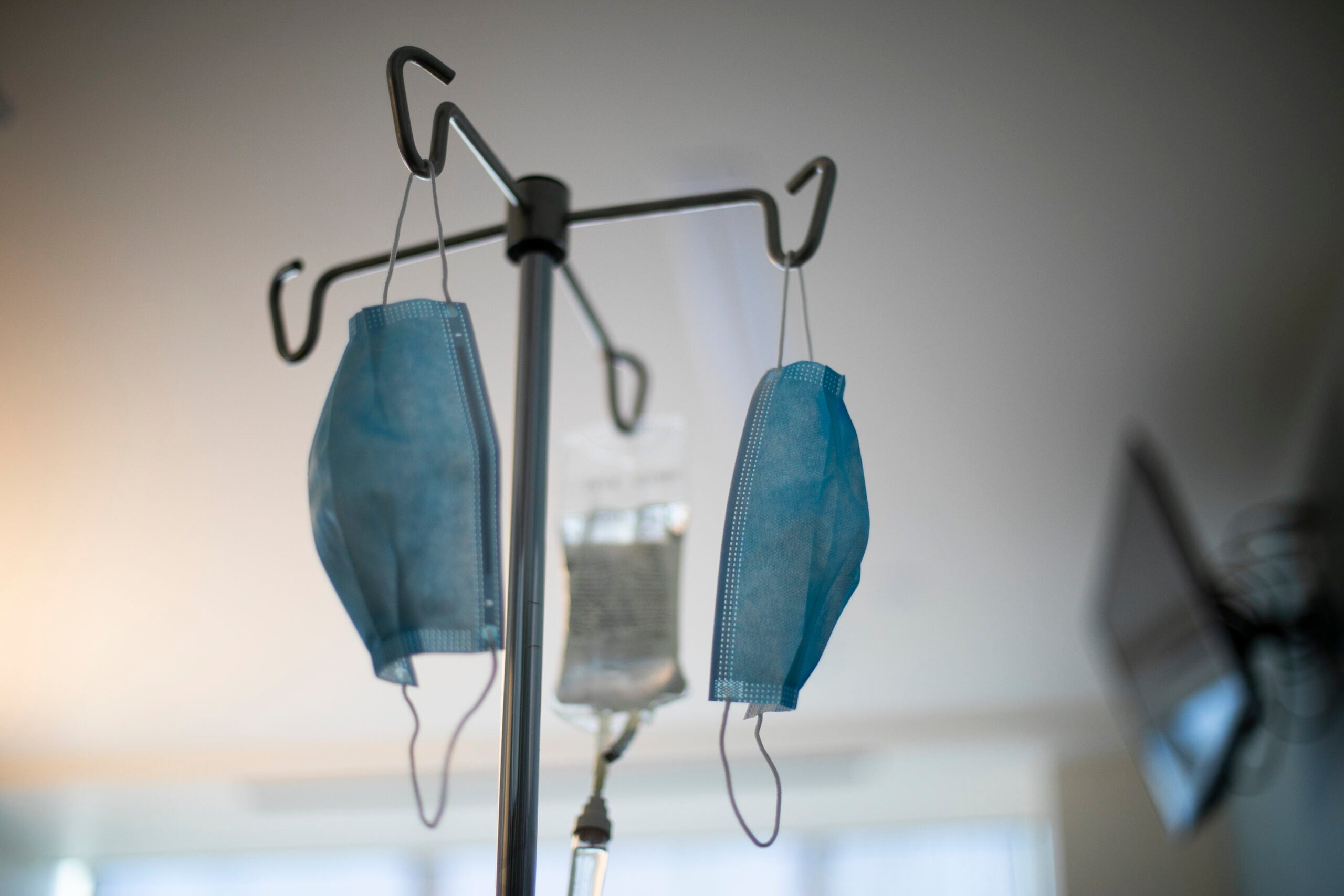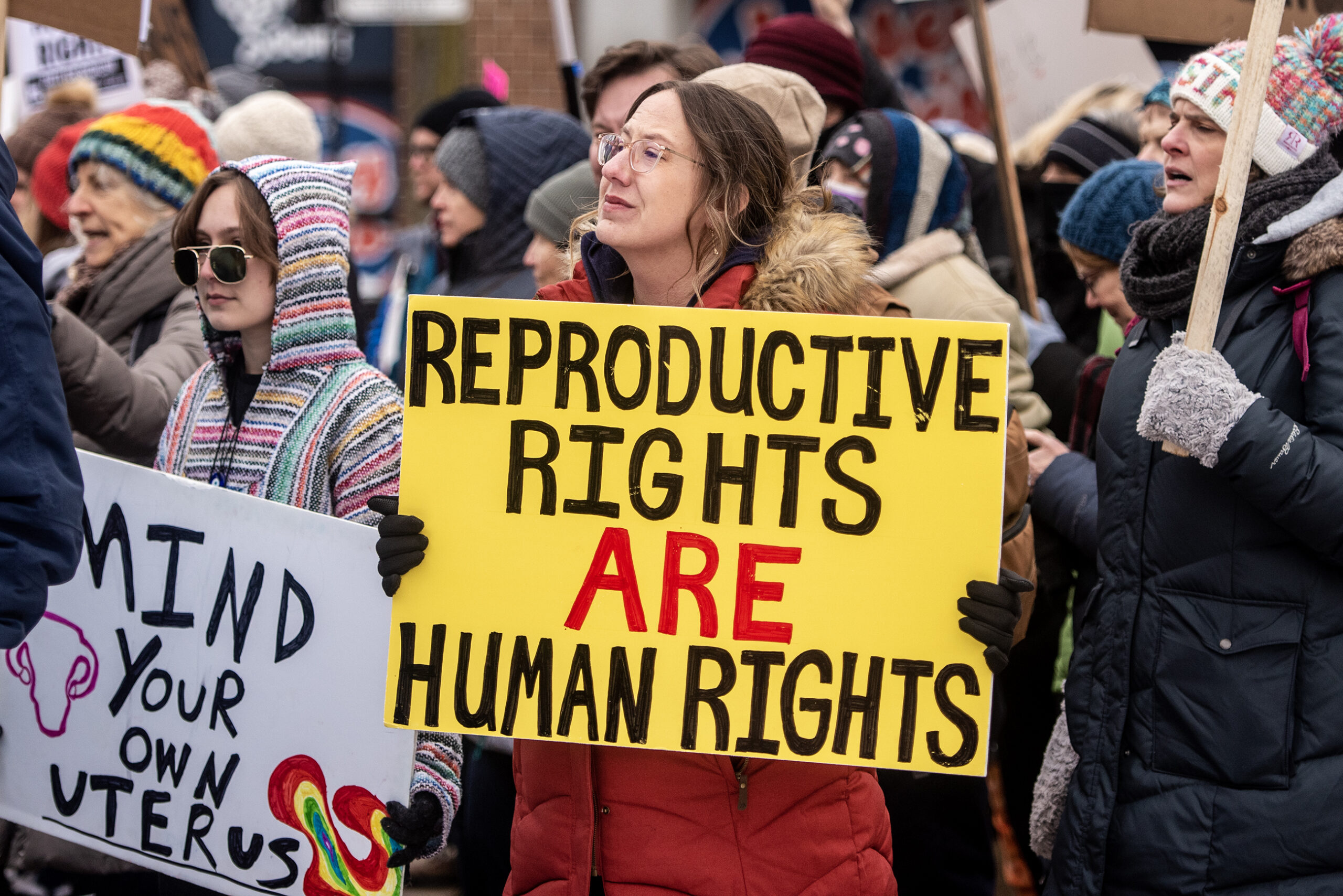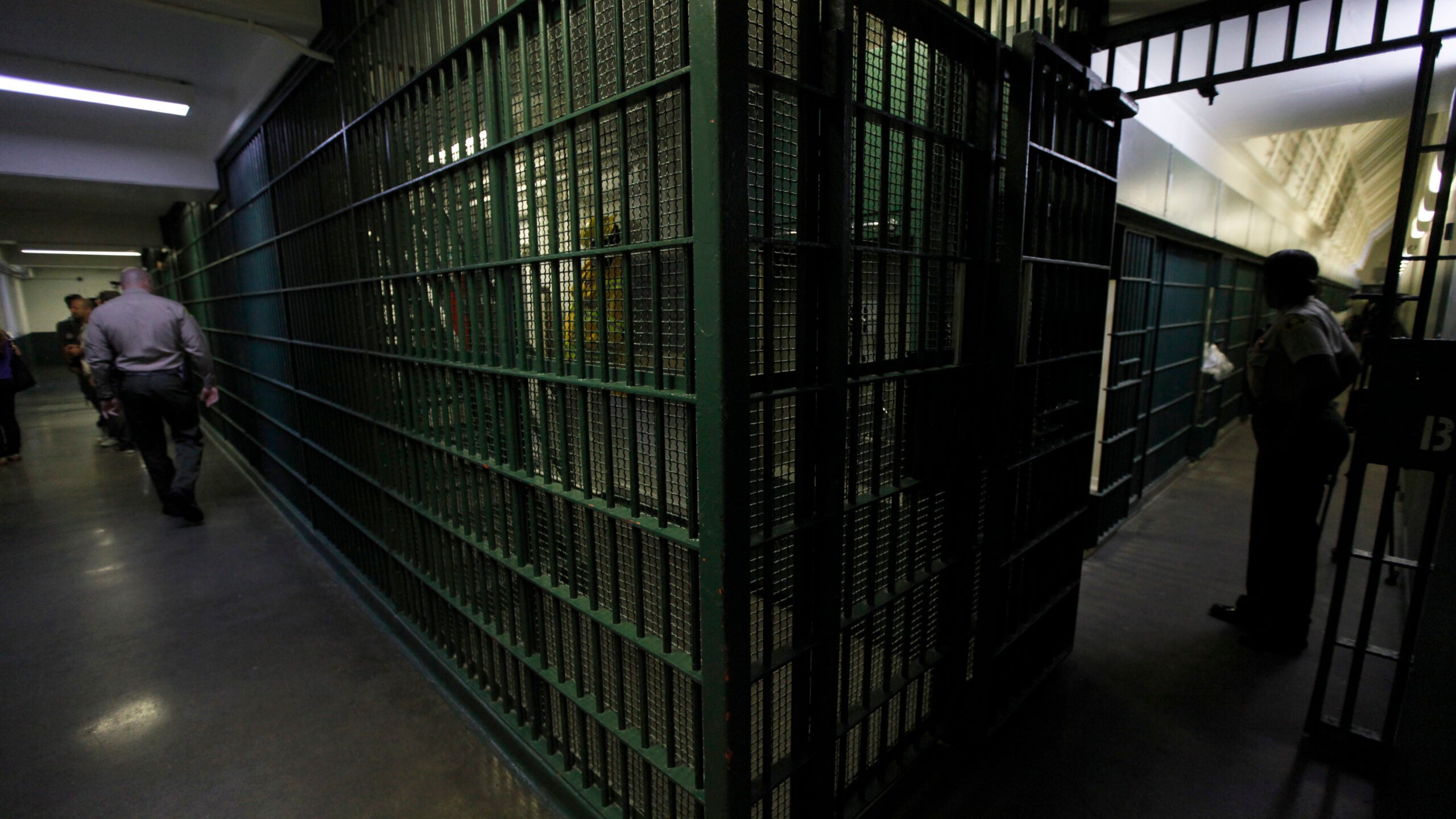Gov. Tony Evers on Monday laid out a plan to reopen the state economy in the wake of the ongoing COVID-19 pandemic that has shuttered businesses and other facilities across Wisconsin.
The roadmap, called the Badger Bounce Back plan, follows guidance released last week by the White House for safely relaxing social distancing requirements.
The plan would allow Wisconsin businesses to reopen in several phases.
Stay informed on the latest news
Sign up for WPR’s email newsletter.
- Phase one will allow gatherings of up to 10 people; restaurants to reopen with social distancing requirements; and will lift some restrictions on retailers. K-12 schools and child care centers would reopen at full capacity.
- Phase two will allow gatherings of up to 50 people; restaurants to open at full capacity; bars to reopen with social distancing requirements; and colleges and technical schools to reopen.
- Phase three will allow all businesses and gatherings to resume.
But by current guidelines, even phase one is weeks away at minimum, and phase three could be much longer.
In order to enter the plan’s first phase, Wisconsin would need to see a 14-day period of reductions in new infections with flu-like symptoms, as well as a 14-day decline in positive COVID-19 tests as a percentage of total tests. It also calls for robust testing programs for those who need them — including health care workers — and hospitals would need to have the ability to treat all patients without crisis care.
“All of these efforts are critically important to ensuring that we can reopen our economy as soon as we safely and responsibly can, and to make sure our workers and our businesses are preparing to reopen as soon as it is safe,” Evers said at a Monday press conference.
The order comes following weekend protests in several parts of the state calling for Evers’ “Safer at Home” order to be lifted. Republicans in the state Legislature have said they will seek legal challenges against the order’s extension through May 26.
Evers said he held out hope that the state could meet the criteria and reopen some businesses before the end of the end of the extended order.
“I believe if we (work) 24/7 … we have a shot at doing that,” Evers said. “We are very, very hopeful that we will get there.”
In a statement late Monday, Assembly Speaker Robin Vos and Senate Majority Leader Scott Fitzgerald said the plan makes it harder to reopen Wisconsin, and said they would continue their legal action against the governor’s stay-at-home order.
New Facilities, Plans Ramp Up COVID-19 Testing In Wisconsin
Evers on Monday announced major advances in Wisconsin’s testing capacity.
Widespread testing is considered a key part of planning to safely ease social distancing requirements. Wisconsin has 36 labs performing COVID-19 tests, up from eight labs one month ago, Evers announced.
Major private labs involved in the state’s testing efforts include Exact Sciences of Madison and Epic of Verona, as well as the rural Marshfield Clinic Health System and biochemical manufacturer Promega.
In addition to these efforts, 11 National Guard teams are serving a “rapid response role in hotspots and underserved areas of the state,” the governor’s office said.
At the press conference, Department of Health Services Secretary Andrea Palm also said state health care providers need to begin planning to resume more normal operations around non-COVID cases. Most providers have postponed all elective procedures, a category that can include even some serious health treatments.
“Our health care system will need to both be prepared in case of a resurgence (of COVID-19) and be able to resume providing for the health needs of other patients,” Palm said.
Palm also stressed that testing and contact tracing to map infections, social distancing efforts and efforts to scale up supplies of personal protective equipment are all interconnected.
“None of these exist in a vacuum,” Palm said. “Testing sites need labs. Lab results need contact tracers. Contact tracers need isolation facilities for patients. Patients may need hospitals; hospitals need staff; and staff need PPE.”
DHS: New Cases Continue To Rise
There are 4,499 positive cases of COVID-19 in Wisconsin, the state Department of Health Services announced Monday.
According to figures from DHS, 230 people in Wisconsin have died from COVID-19 as of Monday afternoon.
DHS reports 1,211 people have been hospitalized because of the virus. That means at least 27 percent of people who have tested positive for the new coronavirus in the state have been hospitalized. DHS officials have said they don’t know the hospitalization history of 19 percent of cases.
The number of positive test results increased by 153 people from Sunday to Monday.
Across the state, 46,603 people have tested negative for the virus so far. From Sunday to Monday, the number of negative test results increased by 1,280.
With recent increases in testing capacity, health officials are loosening restrictions on who can get tested, subject to the availability of testing supplies.
There are now confirmed cases in 65 of Wisconsin’s 72 counties.
The following counties have no confirmed cases as of Monday afternoon: Burnett, Forest, Langlade, Lincoln, Pepin, Taylor and Vernon.
Wisconsin Public Radio, © Copyright 2024, Board of Regents of the University of Wisconsin System and Wisconsin Educational Communications Board.

